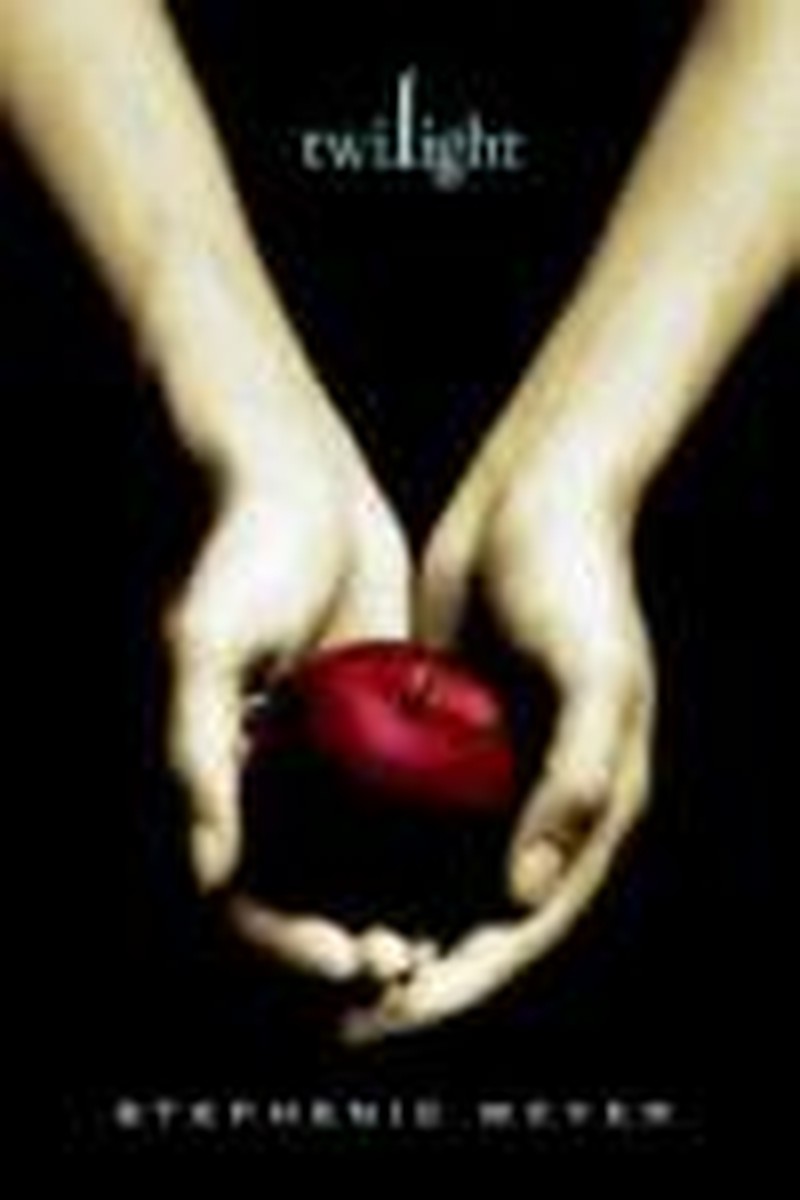Taking on Twilight
- Wendy Lee Nentwig Crosswalk.com Contributing Writer
- Published Jan 09, 2009

She’s been called “the second coming of J.K. Rowling,” and her Twilight series, about a family of “vegan” vampires and the teen girl who falls for one of them, has been giving Harry Potter a run for his money.
If you have teenagers in the house—especially teen girls—chances are you’ve heard of Stephenie Meyer. Her first book, Twilight, was recently made into a movie and the utter devotion of its fans has turned this Mormon housewife into a publishing phenomenon, not to mention a multi-millionaire.
Before you write off all the hysteria to a bunch of hormonal teen girls, you need to know that one of the most active and popular fan sites is www.twilightmoms.com, proving this obsession isn’t just for the high school set. Of course, I didn’t know that when I was given a copy of the book recently as a gift. A teenage vampire romance novel? I tossed it on my bedside table, doubtful that I’d ever crack the cover.
It wasn’t until a conversation with a friend about the Twilight series and the dilemma it posed for Christian parents whose daughters are begging to read the books that my interest was piqued. Does a well-written story justify exposing kids (or adults, for that matter) to themes we don't agree with? I decided to dive in and make up my own mind.
I’ve always been an avid reader, spending much of my teen years devouring young adult romance novels (embarrassing but true). I’ve also written some young adult fiction for the Christian market. Even so, I was surprised when I tore through Twilight—all 498 pages of it—in less than 24 hours. Suddenly I can understand—at least to some degree—what might possess i fans to create T-shirts that say, “Bite Me” and dream of dating the undead.
It may seem black and white, but parenting is a hard job and determining what’s appropriate for who is not an exact science. Some parents say “no” as soon as they hear the word “vampires.” Others worry about the influence Meyer’s Mormon faith has on her stories. Others are put off by the Beatlemania-like devotion the books seem to inspire. Then there are those who would take issue with the romantic storyline between Bella and Edward even if they were both “normal,” average high school students. Those are a lot of objections to overcome, so I’ll take them one by one.
When it comes to the vampire storyline, which has a starring role in the books, it’s less offensive than any of the scary movies currently aimed at teens—and a lot more chaste. I’d also argue that it’s less dangerous than the more subtle messages hidden a lot of kids’ movies today. Not that I’m “pro-vampire,” but it’s not the biggest problem parents should have with the Twilight series.
Further complicating things is the Cullen family’s desire to be “good” vampires. They fight their true natures by forgoing humans and only feeding on wild animals (they even go so far as to focus on overpopulated areas and species—how eco-friendly!). Then there are the spiritual issues raised by this storyline, which are discussed with more thoughtfulness than you might expect. If there is a Creator, then is He also responsible for creating vampires, the characters wonder? And are we doomed to live out our hurtful desires or can we fight our more monstrous urges? Then there’s Edward’s unwillingness to grant Bella’s wish and make her “one of them” because he believes that act requires taking her soul. Maybe not the spiritual issues you want your teen pondering, but it’s more food for thought than she’ll get from 90210, Gossip Girl or The Hills.
Which leads to Meyer’s Mormonism, a religion that most associate with clean-cut boys going door-to-door looking for converts. So it’s understandable that I’d be on the alert for a Mormon message hidden between the lines of Twilight. Well, if it’s there, I didn’t find it. In fact, Meyer insists, “I never write messages.” Of course, any writer’s personal beliefs factor into what they write, but Meyer does a much better job than most Christian writers do of telling a story without hitting you over the head with a moral or spiritual message. It’s hard to write a compelling story if your real motive is to teach a lesson. It ends up feeling forced, an affliction the Twilight series definitely doesn’t suffer from. Instead, Meyer has created a fantasy world that seems utterly real, which is why so many readers can’t get enough.
For me, the biggest issue I’d have letting a teen I know read this series is the one that seems the most innocuous on the surface: the love story (and those concerns have nothing to do with the interspecies dating going on). While Edward keeps his hands to himself, showing superhuman restraint for a 17-year-old boy, he’s far from a parent’s dream. He drives too fast, has an endless supply of disposable income, is way too good looking and spends most nights in Bella’s bedroom without her father knowing (since vampires don’t sleep, what else does he have to do?). Add to that his knack for always showing up at just the right time, his ability to save Bella from any danger, his fierce protectiveness and his utter lack of teenage gawkiness or uncertainty, and he’s every girl’s dream and every parent’s nightmare. He’s more than a boyfriend and even more than a vampire, he’s her own personal god. Edward is the one she goes to for help, advice, protection and love. With Edward in her life, Bella’s parents are completely superfluous. She only hangs around because her scatterbrained mom and absent-but-loveable dad need her so much. It’s dysfunction with a capital “D”.
That said, is getting caught up in Edward’s world really any worse than being devoted to a favorite soap opera, a teen TV drama or a reality show? All of those feature teens doing things no youth pastor would condone. It can be easy for parents to adopt the attitude that anything that comes from a Christian source is good and anything from a non-Christian source is harmful. It certainly simplifies the approval process when it comes to movies, books and TV shows. But nothing is perfect, and even the most wholesome fare can become an obsession. So maybe we should spend less time wondering how to keep Twilight out of our teens’ hands and more time what we put into them.
As Christians, we should give much more thought to everything we allow to entertain us. It isn’t just he wizards and the vampires that pose a threat. In fact, they may be more harmless than the stuff we allow to chip away at our morals everyday. Pop culture is a powerful thing. If you don’t think so, ask your family and friends how many Bible verses they can quote and then ask them how many TV theme songs they can sing.
**This commentary first published on January 13, 2009.




















